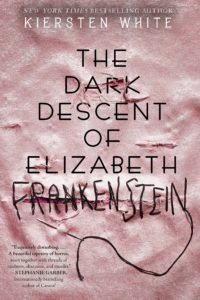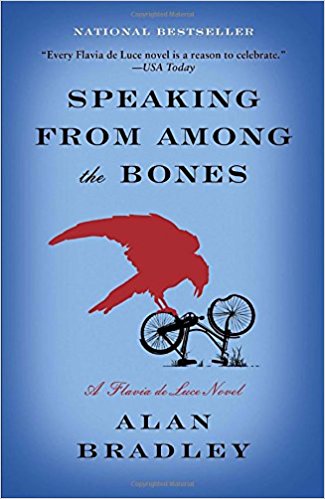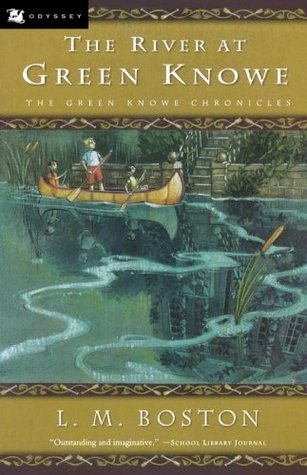
“It is cold and dark, the wind eternal and wretched, but for you, I would endure anything.”
One of the most interesting and remarkable books I have ever read, The Dark Descent of Elizabeth Frankenstein follows a young woman as she tries to tame two monsters: one, her lover; and the other? Herself. This reads like a study of whom a woman would be if her whole life were carefully tailored for the needs of someone else, and then that one person left her behind. If nothing else, it is a journey of discovering her identity – and realizing that her identity exists outside of this man’s. Set in a backdrop in which women cannot even exist other than to be wives/mothers/caretakers/partners, this journey is even more significant.
“My time here has been for naught anyhow. I sought to puncture heaven and instead discovered hell.”
I absolutely loved Elizabeth’s voice – her inner turmoil and trauma were significant enough to add depth, but not to the extent that they are what define her. This was so important to me and makes Elizabeth’s quest to find herself better because her trauma does not define her. She defines herself. There is a part near the end where she thinks, “for the first time, I smile for myself.” It is these tiny moments that make the book for me. Because this isn’t a horror story, following a monster and its atrocities, but a quiet tale. It warns that men may be the monsters after all.
“You say you created an abomination? You are one, Victor. You made a monster because that is all you are capable of being yourself. I am finished with you.”
However, this is my one complaint: I felt that the switch from Elizabeth loving Victor to Elizabeth hating Victor happened too fast, and it could’ve used more fleshing out. After 200 pages of slow buildup and flashbacks in which she is doting on him, the switch seems rather abrupt. Remembering such moments, but highlighting parts of them that she didn’t recognize at the time as being abusive or possessive, would have been better. That way, it shows how far Elizabeth has come but also proves that when you are in an abusive situation, you can overlook those moments if you love them.
“I am not saying you should not feel remorse or sadness. But if nothing else, your past should teach you the value of life. The wild and precious joy of it. Do not let Victor steal that, too. He has already taken enough.”
But everything else was so well-executed. I remember actually gasping out loud when I figured out the twist – albeit a bit too early, but it was worth it. Like I said, it’s not a horror book. It’s the unraveling of Elizabeth’s love for Victor as she realizes that she does not exist to please him, nor should she please him, because he is quite terrible, actually. Throughout the book, I got the impression that Kiersten White wanted to expand on everything – she would take little detours describing Ingolstadt, the monster, Elizabeth’s past, or about Mary (all the subtext with her being Mary Shelley was so clever and wonderful to read). This was amusing at times because it was as if White was struggling to not write about every single detail from the original Frankenstein. But mostly, it proves how much respect and admiration White must have for Mary Shelley’s renowned novel, so I’m glad that it was she who got the honor of retelling this famous story. I highly recommend this! The writing is atmospheric, the characters are clever and detailed, and the dialogue is not too casual but not overly difficult to read. 4.5.
“Did I request thee, maker, from my clay, to mold me man?”
A copy of this book was provided by the publisher, Penguin Random House, for review.



